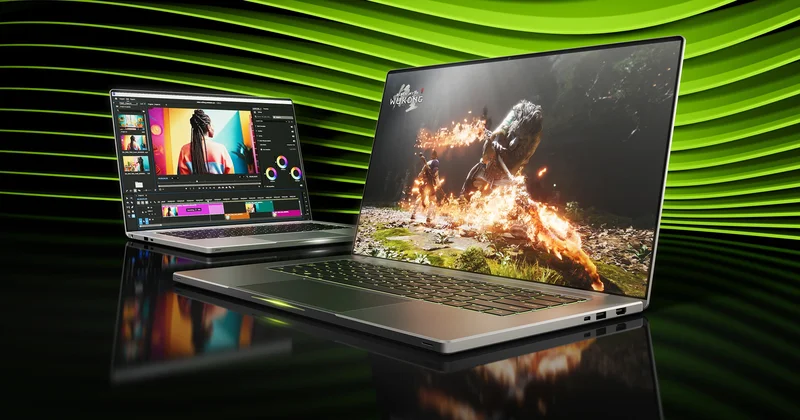Generated Title: Thiel's Nvidia Dump: Genius Move or Overblown Panic?
Peter Thiel selling off his entire Nvidia stake: the headlines practically write themselves. The knee-jerk reaction is to scream "AI bubble!" and run for the hills. But let's pump the brakes and look at the actual numbers before we join the stampede.
The Great Nvidia Unload
Thiel Macro LLC dumped all 537,742 of its Nvidia shares in the third quarter. At September 30th's closing price, that's roughly $100 million. A tidy sum, sure, but let's put that into context. Thiel's net worth is estimated at $16.3 billion. This Nvidia sell-off represents a mere 0.6% of his total wealth. (A rounding error for most billionaires, frankly).
More interesting is the fact that this sale shrunk Thiel Macro’s equity book by nearly two-thirds, from $212 million in Q2 to $74.4 million in Q3. That's not a rebalancing; that's a gutting. He didn't just trim the fat; he amputated a limb.
And he’s not alone. SoftBank also cashed out its Nvidia holdings in October for a cool $5.83 billion. Their stated reason? To fund investments in OpenAI. A lateral move within the AI space, perhaps, but still a significant de-risking of their portfolio, or at least a shift in focus.
The question is: are these moves driven by genuine concerns about an AI bubble, or are they simply shrewd portfolio adjustments by investors with the resources to play a different game?
Decoding Thiel's Moves
Thiel has been publicly skeptical of the AI hype cycle. He's on record saying it's running ahead of economic reality. This Nvidia exit aligns perfectly with that view. He’s not just some passive investor; he’s a vocal contrarian.
But here's where it gets interesting. Thiel isn't abandoning AI entirely. He’s backing AI semiconductor startup Substrate, along with AI startups Mercor and Cognition AI. So, while he’s divesting from the established AI chip leader, he's simultaneously placing bets on potential disruptors. It’s like selling your Ford stock to invest in a new electric vehicle company.
I've looked at hundreds of these filings, and this kind of calculated repositioning is classic Thiel. He's not betting against AI; he's betting on who will win the AI race long-term.

The timing is also noteworthy. Nvidia's shares have exploded, surpassing a $5 trillion valuation. As any seasoned investor knows, sometimes the best move is to take profits off the table when a stock is at its peak. Peter Thiel dumps top AI stock, stirring bubble fears
Michael Burry, of "The Big Short" fame, is also sounding the alarm. His Scion Asset Management disclosed put options on Nvidia and Palantir, betting against their stock prices. He even posted a cryptic message on X: "sometimes, we see bubbles."
Burry's critique extends to the accounting practices of hyperscalers like Microsoft and Alphabet. He points out that they've extended depreciation schedules for their investments, artificially boosting profits. (A clever accounting trick, if you can get away with it).
The data, however, is mixed. An analysis of 13F filings from 909 hedge funds revealed an even split: 161 increased their Nvidia positions, while 160 decreased them during the same quarter. So, for every Thiel and Burry, there's another hedge fund doubling down on Nvidia.
And this is the part of the report that I find genuinely puzzling... The sheer volume of conflicting signals makes it difficult to draw a firm conclusion.
The other question is, how was this data gathered? 13F filings only represent a snapshot in time and may not accurately reflect current positions.
Nvidia's Earnings: The Real Litmus Test
Ultimately, the market will decide whether Thiel's move was prescient or premature. All eyes are on Nvidia's upcoming earnings report. A strong report will validate the bullish sentiment, while a weak one will fuel the bubble fears.
Nvidia's recent quarterly sales surged from $39.3 billion to $46.7 billion, driven by a 56% jump in data-center revenues. Analysts are even modeling a shot at $1 trillion in annual sales by 2030. If Nvidia can deliver on those expectations, Thiel's Nvidia exit will look like a missed opportunity. If they stumble, it will look like a stroke of genius.
